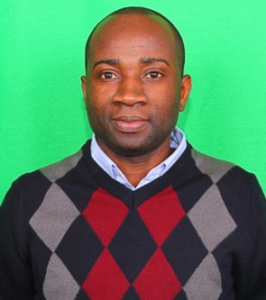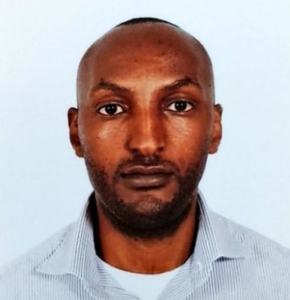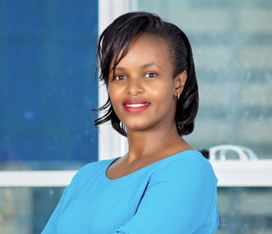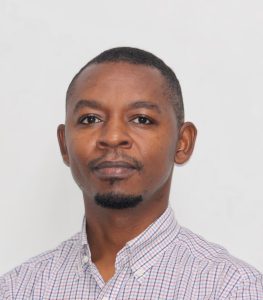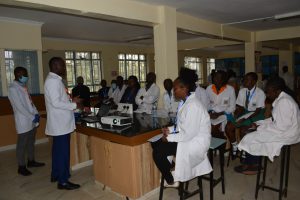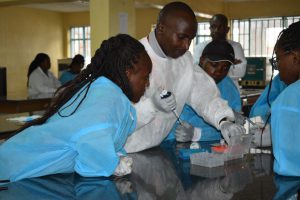Strengthening scientific excellence at Mount Kenya University through the MKU Post-doctoral Research Programme
Guest article from the Gitaka Lab
There remains a huge human resource deficit in Africa, with many young African scientists moving to high-income countries for cutting-edge education, and remaining there after their training, leading to the so-called “brain drain”. The Mount Kenya University (MKU) Directorate of Research and Innovation set out to reverse this and achieve “brain gain” with establishment of the MKU post-doctoral research programme in 2016.
With a strong belief that post-docs are the engine of research, the MKU post-doctoral programme now supports a total of eight post-docs with funding from different bodies namely; the Royal Society, the US National Institute of Health (NIH), and the Bill & Melinda Gates Foundation. In this piece, we highlight the efforts undertaken by MKU to retain diverse local scientific talent through the EDCTP grant scheme.
Launched in 2003, the EDCTP is an EU-supported partnership between accredited institutions mandated by national governments in Europe and sub-Saharan Africa. One of the key missions of the EDCTP programme has been to enhance research capacity in African institutions by funding career development grants of individual researchers in various stages of their careers and supporting the return and reintegration of African researchers residing abroad. During the second EDCTP programme (EDCTP2), four researchers in the Gitaka lab secured early-stage Career Development Fellowships: Dr Ernest Wandera, Dr Bernard Kanoi, Dr Carolyn Kijogi and Dr Francis Kobia.
Their projects cover the range of infectious and poverty-related diseases in accordance with EDCTP’s funding objectives. Dr Wandera is developing an accessible Covid-19 test kit to be made available in primary health centres and even at home. Dr Kanoi is using the immune system to develop a malaria vaccine for pregnant women. Dr Kijogi is studying the first-line immune response to malaria in pregnancy. Dr Kobia is studying the immune interaction between a mother and her foetus during malarial infection. The MKU post-doctoral programme aims to reintegrate and retain African scientists at MKU and Kenya at large and will continue to equip them and others as they transition into independent researchers. According to the EDCTP awardees “ The structured mentorship support we are receiving from this fellowship enhances our competitiveness for international funding opportunities. An in-built training and capacity building component offers on-job trainings to research assistants and postgraduate students thereby helping strengthen the domestic research capacity.”
More information
Visit the website of the Gitaka Lab

